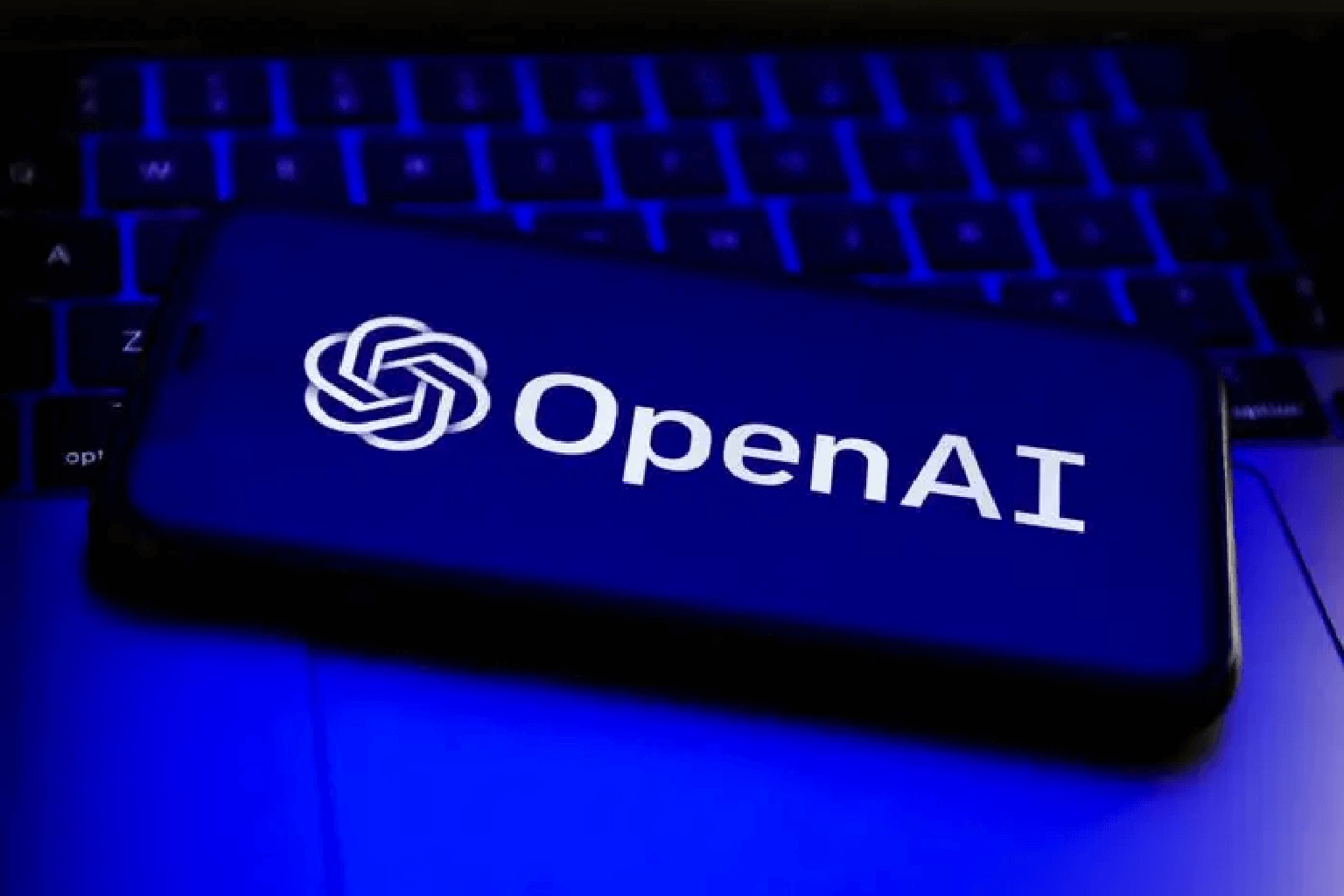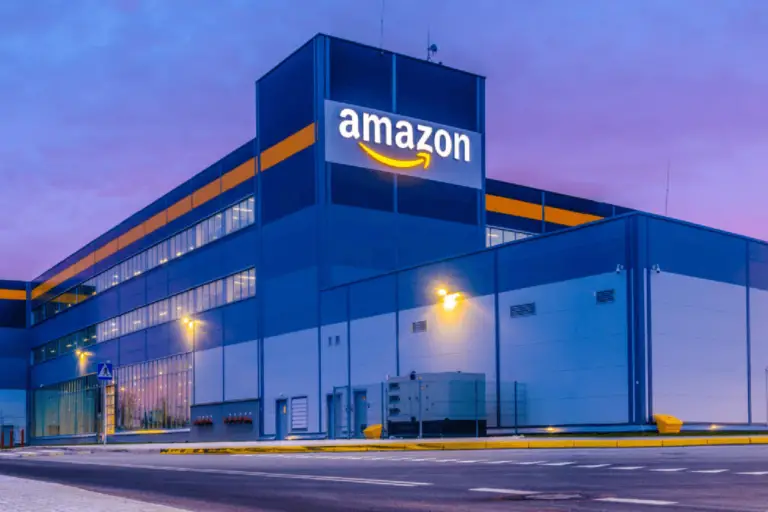
OpenAI’s Game-Changer SearchGPT to Challenge Google’s Search Monopoly
OpenAI’s launch of SearchGPT, an AI-powered search engine, challenges Google’s dominance as well as other competitors, such as Microsoft’s Bing, resulting in a 3% drop in Alphabet shares while providing users with summarized results and collaborative publishing.
With the selective launch of SearchGPT, OpenAI is going into a field that Google has long dominated. AI powers the search engine SearchGPT, which can currently retrieve information from the internet.
The move, which was announced on Thursday, also puts the AI giant in competition with Microsoft’s Bing search and new services like Perplexity, an AI chatbot company backed by Jeff Bezos, the founder of Amazon, and Nvidia, a big name in semiconductors. Alphabet, which owns Google, saw a 3% drop in its shares on Thursday after OpenAI made its plans public.
OpenAI said that people can now sign up to use the new tool. A small group of users and publishers are testing the tool in its prototype stage. In the future, the company wants to add the best parts of the search tool to ChatGPT.
Crane, an analyst at Canaccord Genuity, said, “AI-powered search tools from OpenAI and Perplexity reaffirm search as a content engagement model but put pressure on Google to be better at its own game.” Web analytics company Statcounter says that as of June, Google had a 91.1% share of the search engine market.
OpenAI stated in a blog post that SearchGPT will provide users with summed-up search results with source links if they request it. Users can also ask follow-up questions and get answers that make sense to them. Thanks to the company, publishers will be able to control how their content shows up in SearchGPT results. News Corp and The Atlantic work together to publish SearchGPT.
SearchGPT Collaborates with Publishers
SearchGPT shows that publishers and OpenAI are working together more closely. This comes after content licensing deals with big companies like Associated Press, News Corp., and Axel Springer.
“Newer AI-powered search providers could face challenges of their own, with Perplexity already facing pending legal action from publishers like Wired, Forbes, and Condé Nast,” Crane said.
A lot of big search engines have been trying to add AI to search since November 2022, when ChatGPT first came out.
Microsoft’s early investment in OpenAI led to its integration into its Bing search engine. At its May developer conference, Google made AI-powered summaries available to everyone.


